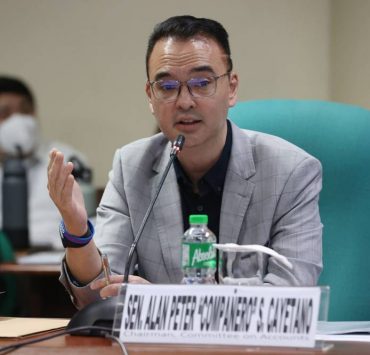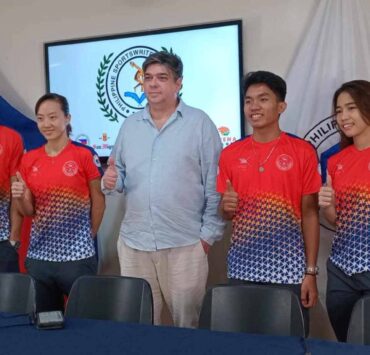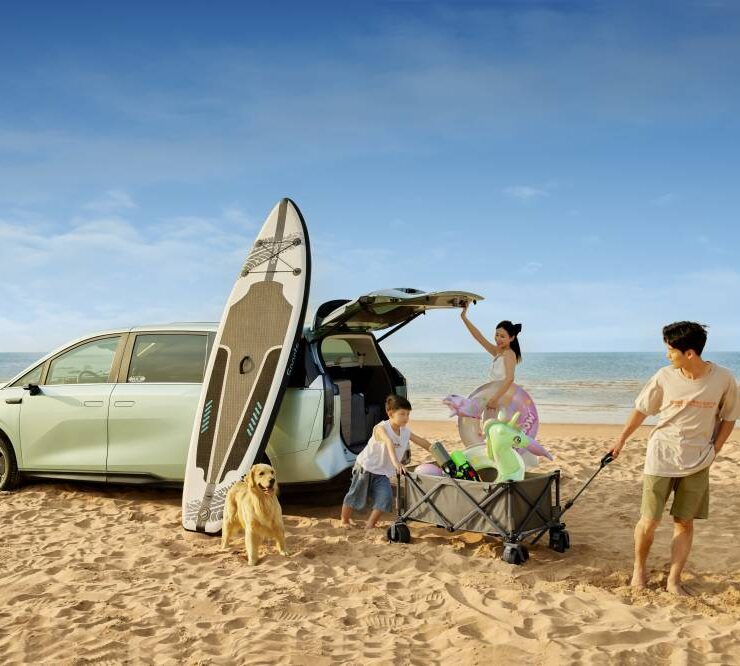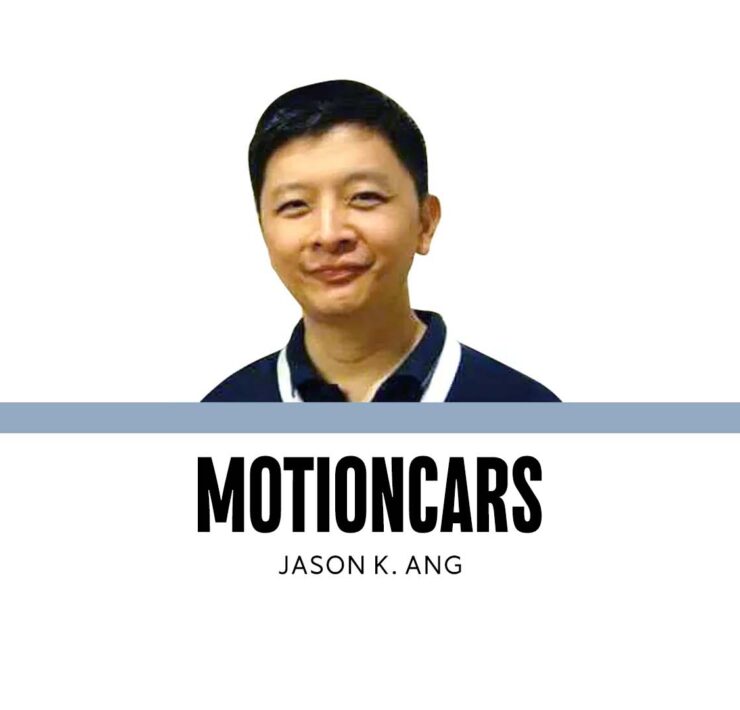Lolo’s ‘junk’ completes a full (re)cycle
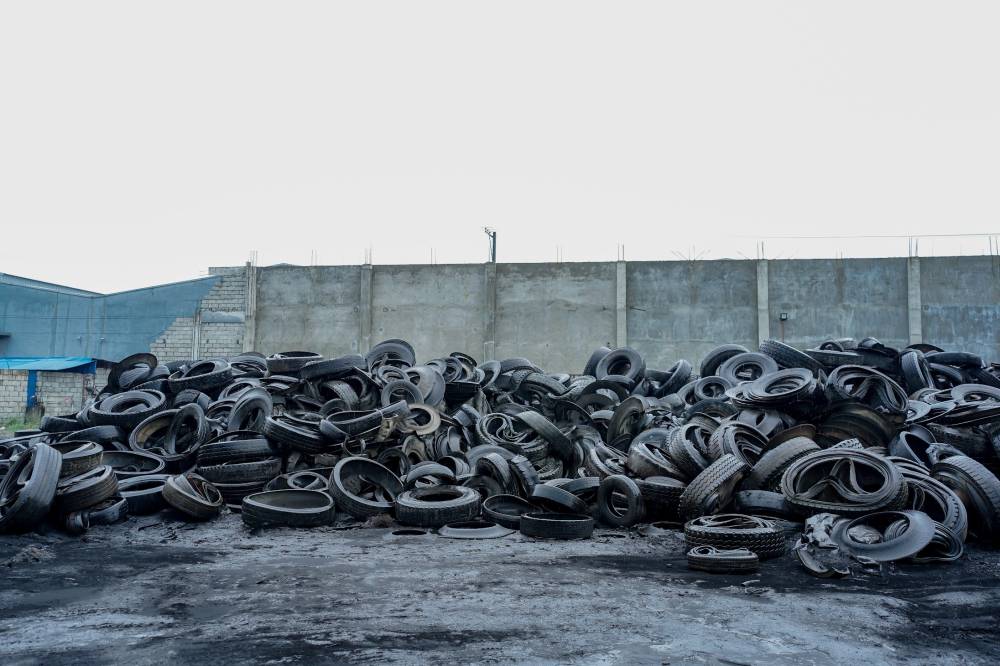
Wrap your head around this number: There are now around nearly 1.5 billion cars running around our planet. And those are just the ones currently in use. How about the cars that have reached the end of their useful lives, the ones abandoned, left to rot on the road sides, in scrap yards, in garages, or even in forests? They are innumerable. Sooner or later, the billions of cars you see running today will add to the countless billions more that have reached the end of the line, their engines switched off for good.
What happens then? Apparently, what happens next to these end-of-life vehicles (ELVs) becomes uncertain, and that’s not a good thing. According to the UN Industrial Development Organization, how societies deal with ELVs has become a major environmental concern. In particular, in developing countries, ELVs aren’t properly disposed, stored, and dismantled due to lack of government regulations, or if there are any, such regulations are poorly enforced.
One Filipino family, however, has seen the light when it comes to the proper handling and dismantling of ELVs. With the support of the Japanese government and Japan-based organizations, this family has now set up a model vehicle dismantling facility that optimizes the extraction and processing of reusable and recyclable materials from ELVs with minimal adverse effects to the environment.
I was there on Sept. 30 at the official inauguration of the En Tsumugi ELV Dismantler Corp in Mexico, Pampanga. En Tsumugi is the first of its kind in the country, and is a wholly owned venture of the Hung family—owner of local metal recycling companies Supreme Mile Trading Corp (SMTC) and CoroCrown Corp. En Tsumugi is a result of a pilot project led by Japanese ELV dismantler Tsuruoka Co Ltd and financially supported by Japan International Cooperation Agency (JICA). Giant Japanese businesses, including Toyota Motor Corp and Mitsui & Co Ltd provided business development and technical assistance.
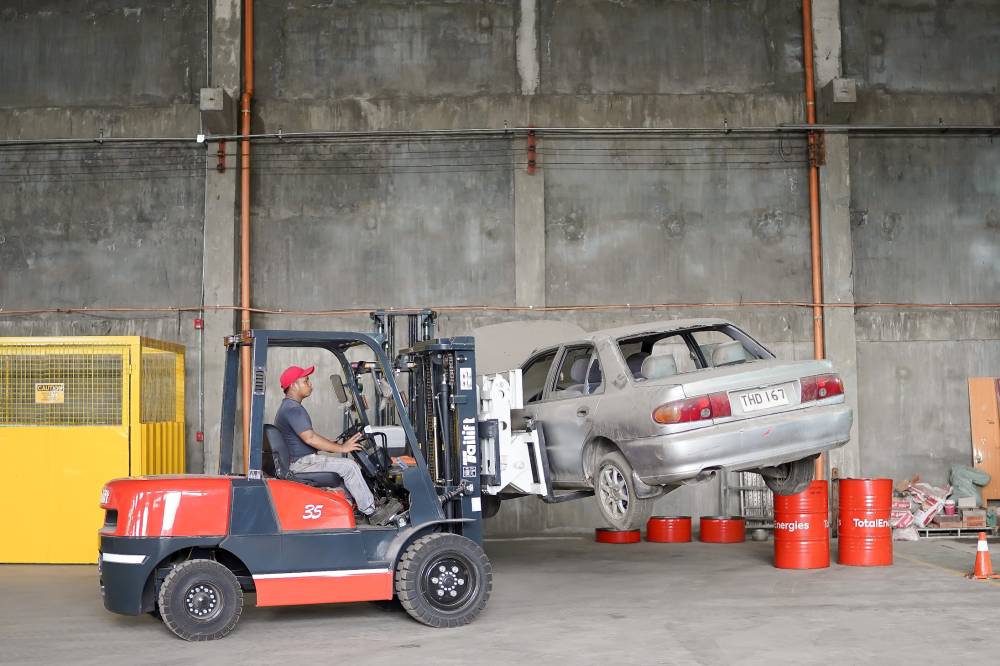
“Back in 1969, our Lolo (grandfather) started this journey by collecting recyclable scrap materials. He went house-to-house, doing house calls, collecting scraps. What began as a small junk shop has transformed into a thriving business with a deeper purpose, one that aims to leave a lasting and meaningful impact on Filipino society. As a third generation scrapper, I am proud of where we came from, and even prouder of where we are headed,” said John Hung, chief financial officer of the En Tsumugi ELV Dismantler Corp.
In his speech, JICA Philippines chief representative Sakamoto Takema stressed that En Tsumugi is “the first-ever Japan-standard ELV Dismantling Facility, corroborated with the Tsuruoka company from Japan, which has very unique and advanced technology and business know-how.”
Sakamoto added, “An outstanding Japanese company in the business of the circular economy, Tsuruoka earlier applied for, was qualified, and has been conducting JICA’s public-private-partnership promotion program, that is SDGs (Sustainable Development Goals) Business Validation Survey, for ‘Strategic Multi-Stakeholder Process using the RecyInt Pilot Model’ here in Pampanga,” Sakamoto added.
The RecyInt Pilot Model is Tsuruoka’s unique and prominent integrated recycling system toward a sustainable circular economy and more livable society, designed to reduce negative environmental impact as well as boost the economy.
Masando Hashimoto, Toyota Motor Philippines (TMP) president, said: “As I remember from my work experience before in Aichi Prefecture in Japan, I was lucky enough to have witnessed first-hand the impressive processes for car disposal and steel recycling. I have no doubt that En Tsumugi, with the support of other Japanese companies, will be able to offer the same level of quality for the local industry.”
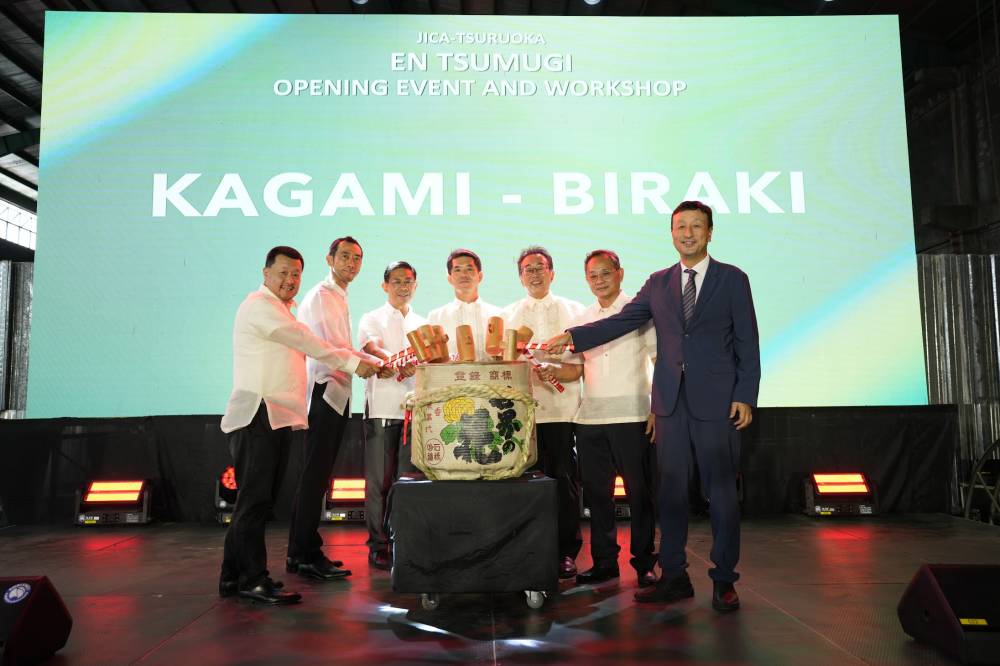
He added: “The establishment of En Tsumugi aligns perfectly with the goals of the Toyota Global 100 Dismantlers Project, which aims to establish a network of proper ELV dismantling facilities worldwide. I am happy to report that En Tsumugi is now Toyota’s first recommended ELV facility in the Philippines, and the fourth in the Southeast Asian region.”
The other three ELV facilities endorsed by Toyota are in Thailand, Vietnam, and Malaysia.
In a statement, TMP said that the project seeks to address the environmental challenges posed by ELVs, such as pollution and resource depletion, by promoting proper dismantling and recycling practices, which also contributes to reducing greenhouse gas emissions.
Responsible makers and recyclers
“TMP sells 200,000 vehicles a year. Our units-in-operation (UIO) has reached an incredible 1.2 million! As the largest automotive brand, Toyota is not only responsible for making and selling cars, but also for recycling them,” said Hashimoto.
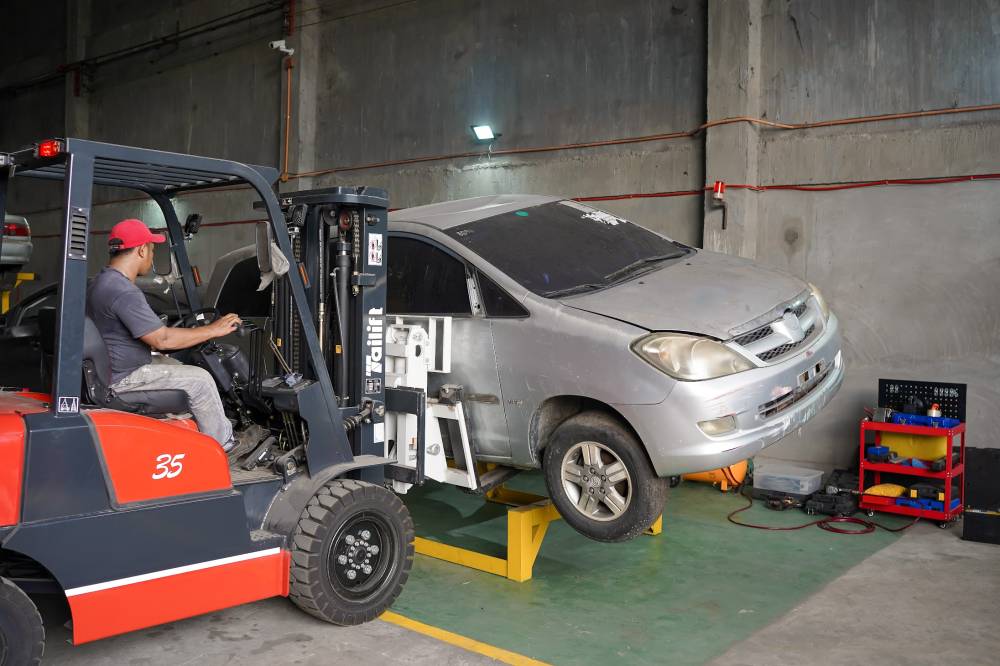
“Toyota’s continuing support to En Tsumugi is a testament to our long-term commitment to carbon neutrality, and to establishing a recycling-based society and system under the Toyota Environmental Challenge 2050. By promoting the proper dismantling and recycling of ELVs, we can avoid pollution, conserve valuable resources, and reduce our greenhouse gas emissions,” he said.
The inauguration program included a demonstration of an actual dismantling and compacting of an ELV, showing the proper handling and processing of such vehicles. The processes included the proper draining and storage of the remaining oils and lubricants, the removal of the batteries, tires, and interior upholsteries, and the safe deployment of airbags. Finally, the vehicle was placed into the hydraulic compactor, where it ended up as an easy-to-store-and-transport cube of metal a fraction of the size of the original vehicle.
The official opening was also attended by Mitsui & Co Ltd-Manila Branch country chair Kazuhiro Nomura, Land Transportation Franchising and Regulatory Board (LTFRB) Technical Division Chief Joel Bolano, Ambassador Extraordinary and Plenipotentiary of Japan to the Philippines Kazuya Endo, En Tsumugi ELV Dismantler Corp lead representative Riczon Hung, En Tsumugi chief executive officer Paulo Hung and Tsuruoka Co Ltd president and CEO Masaaki Tsuruoka.














